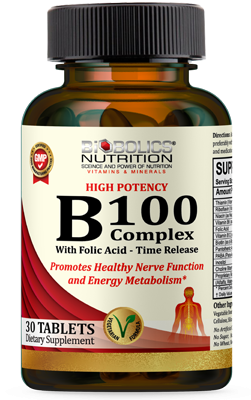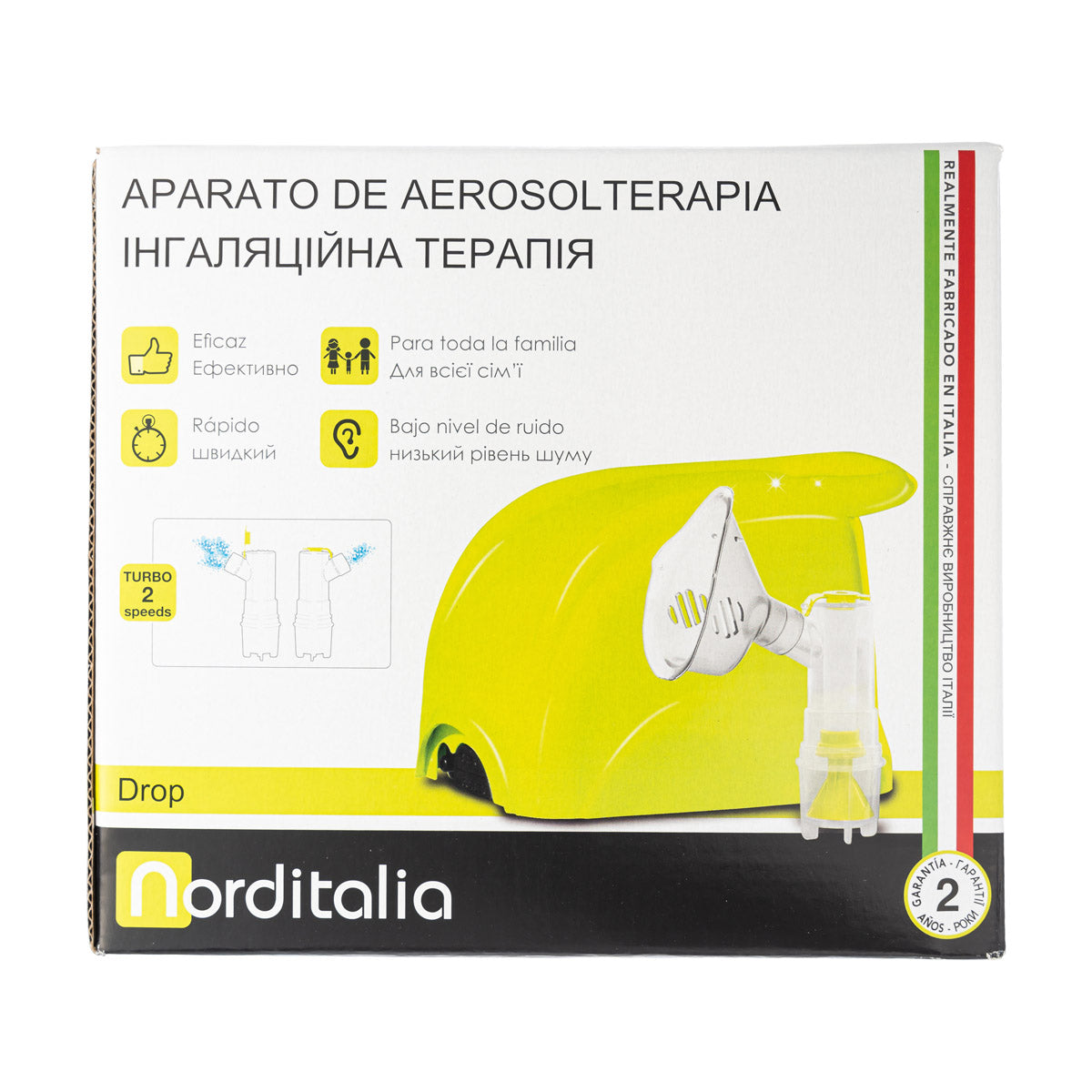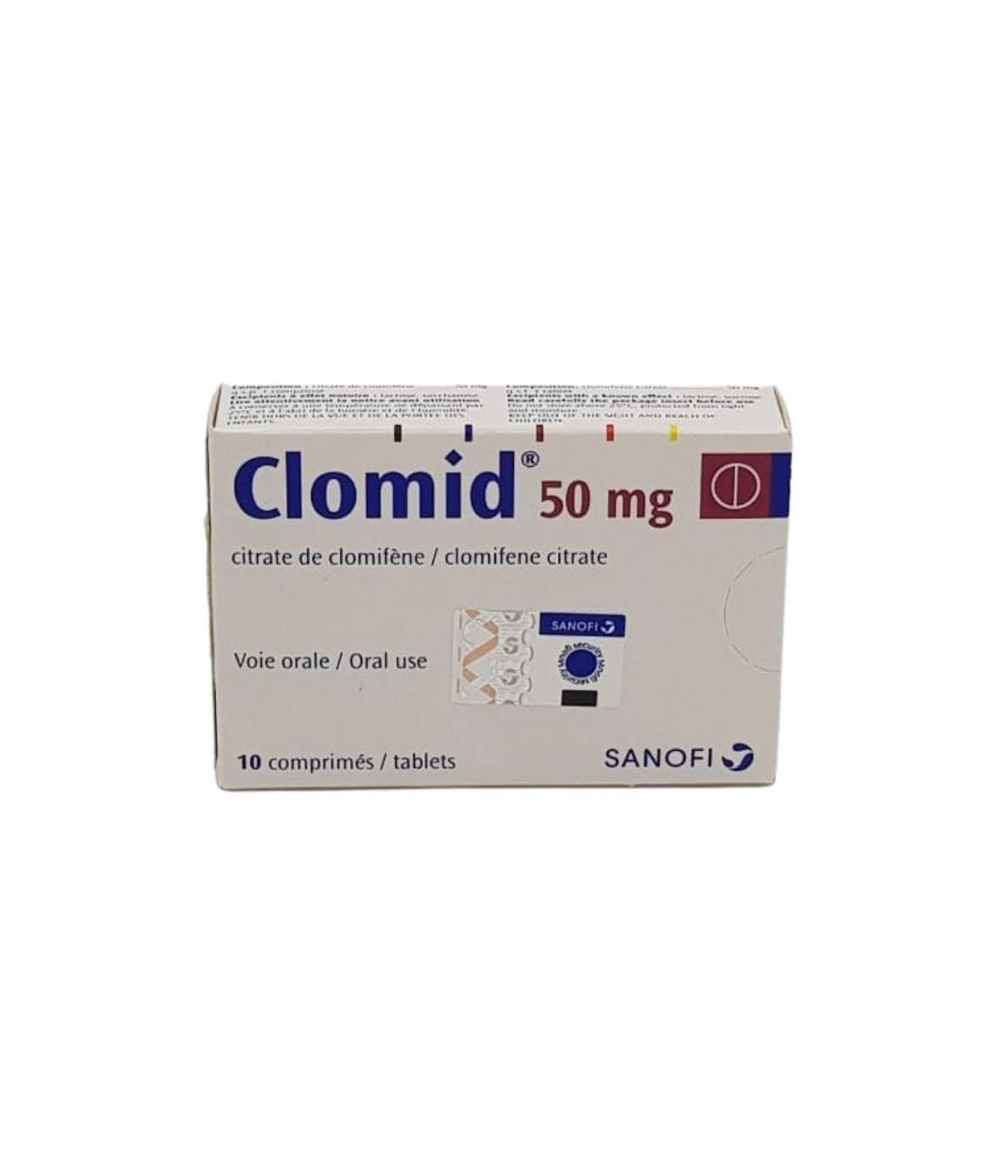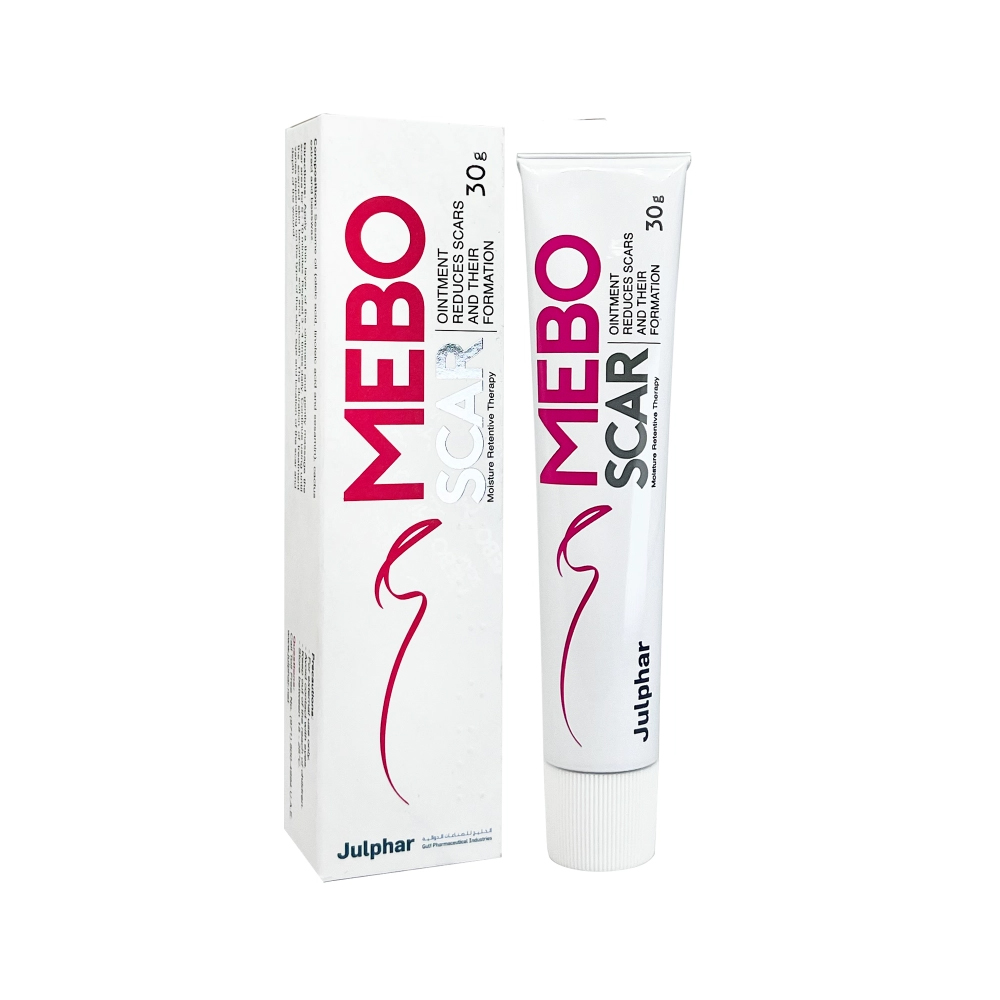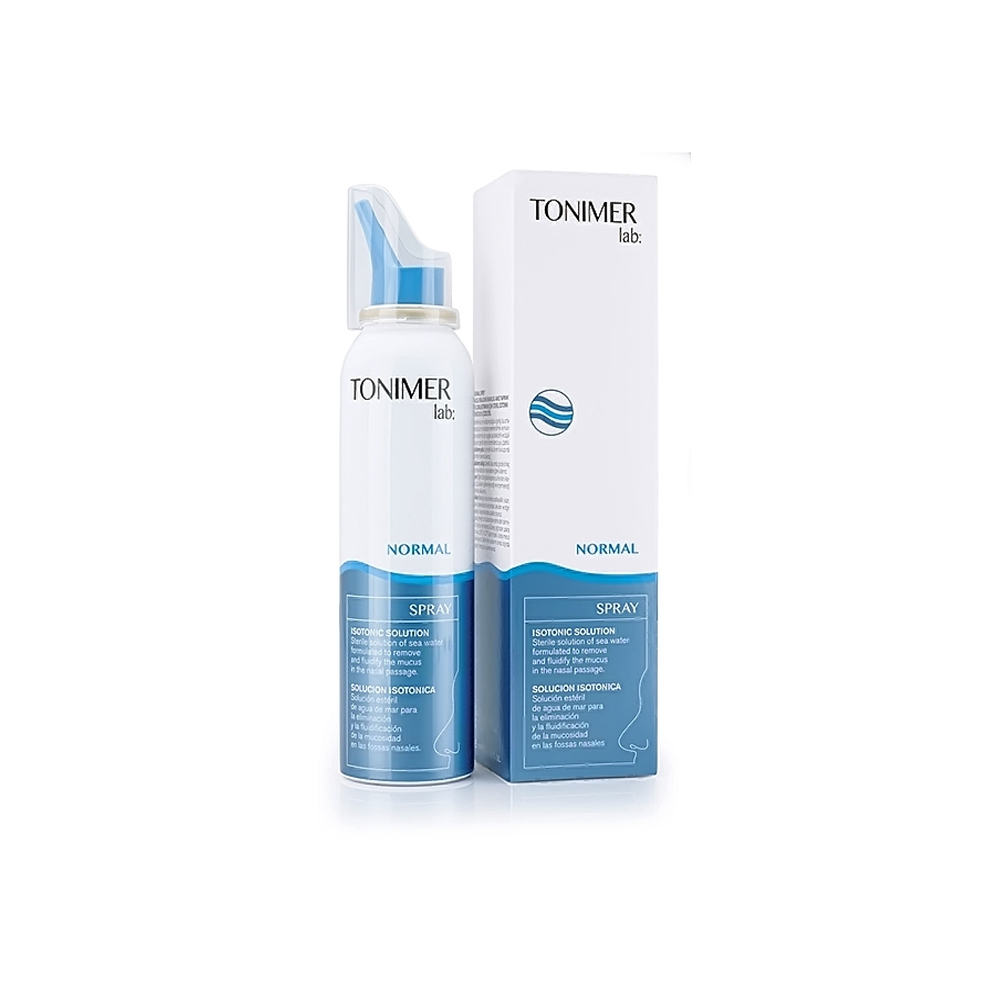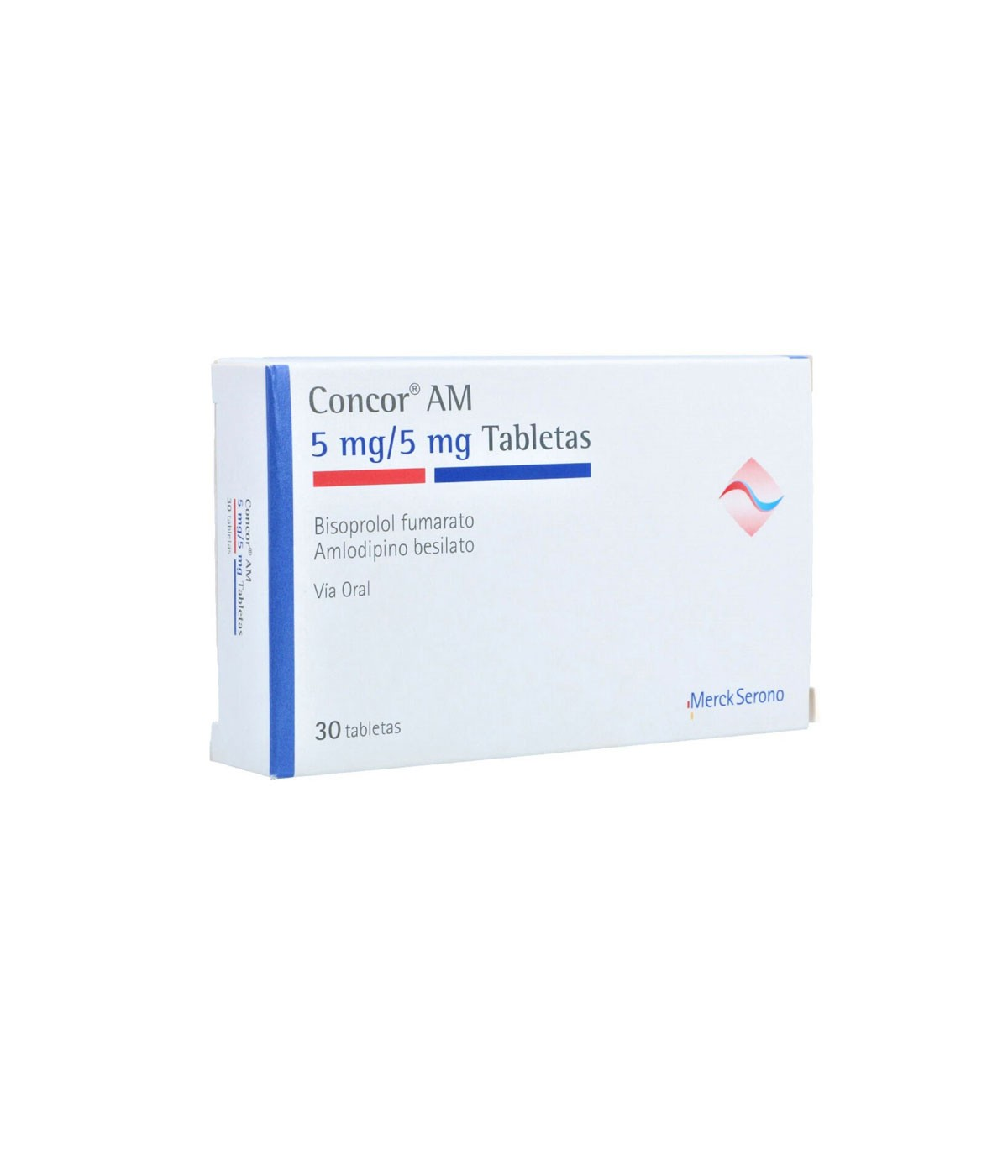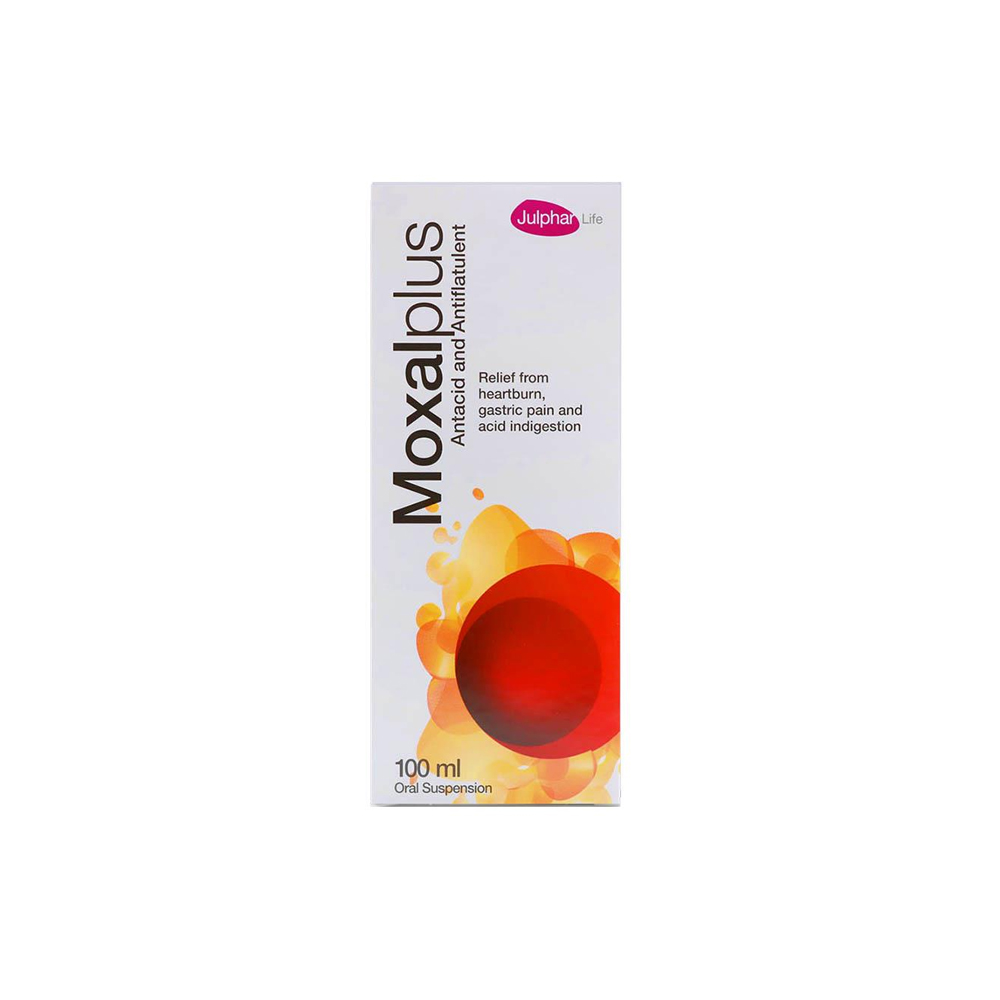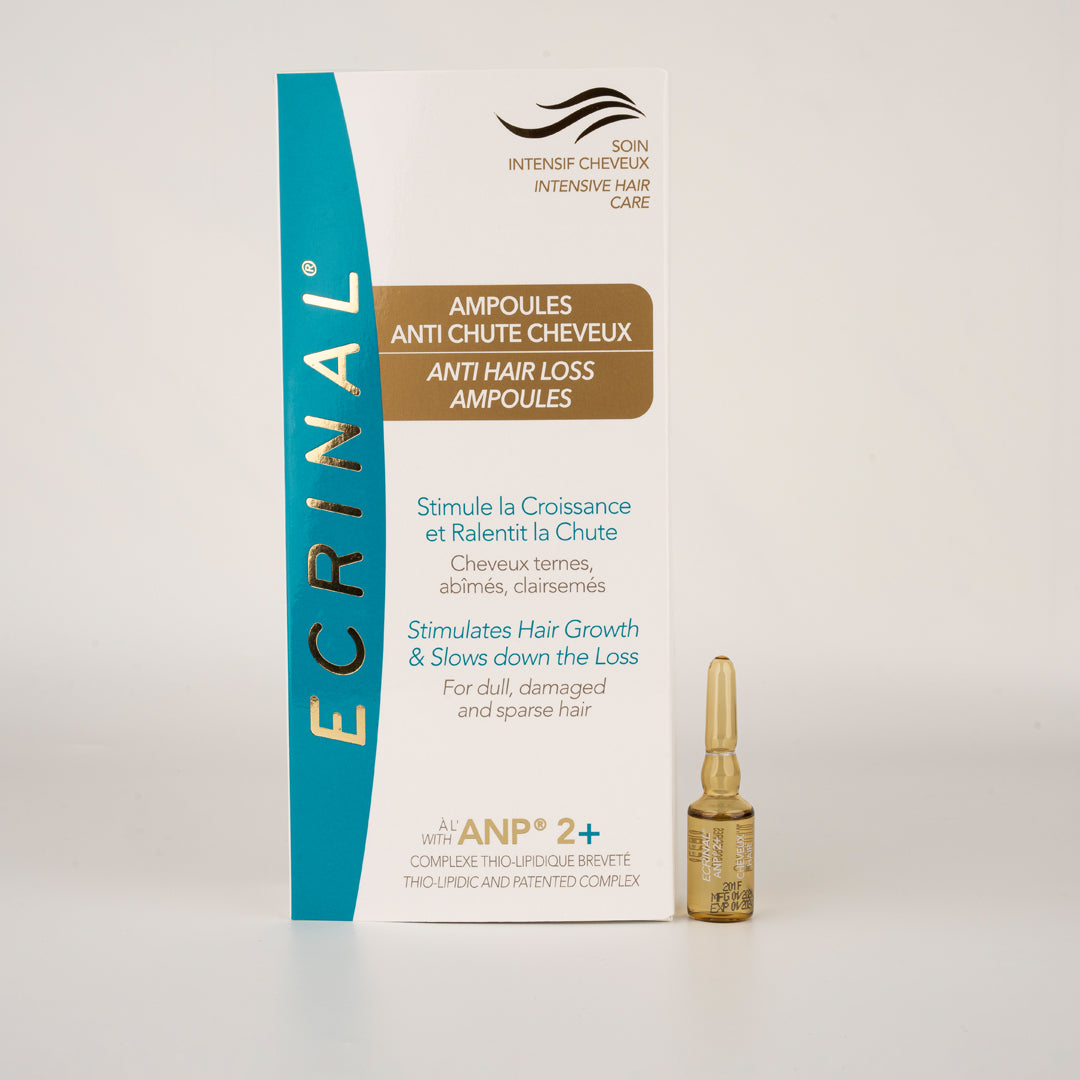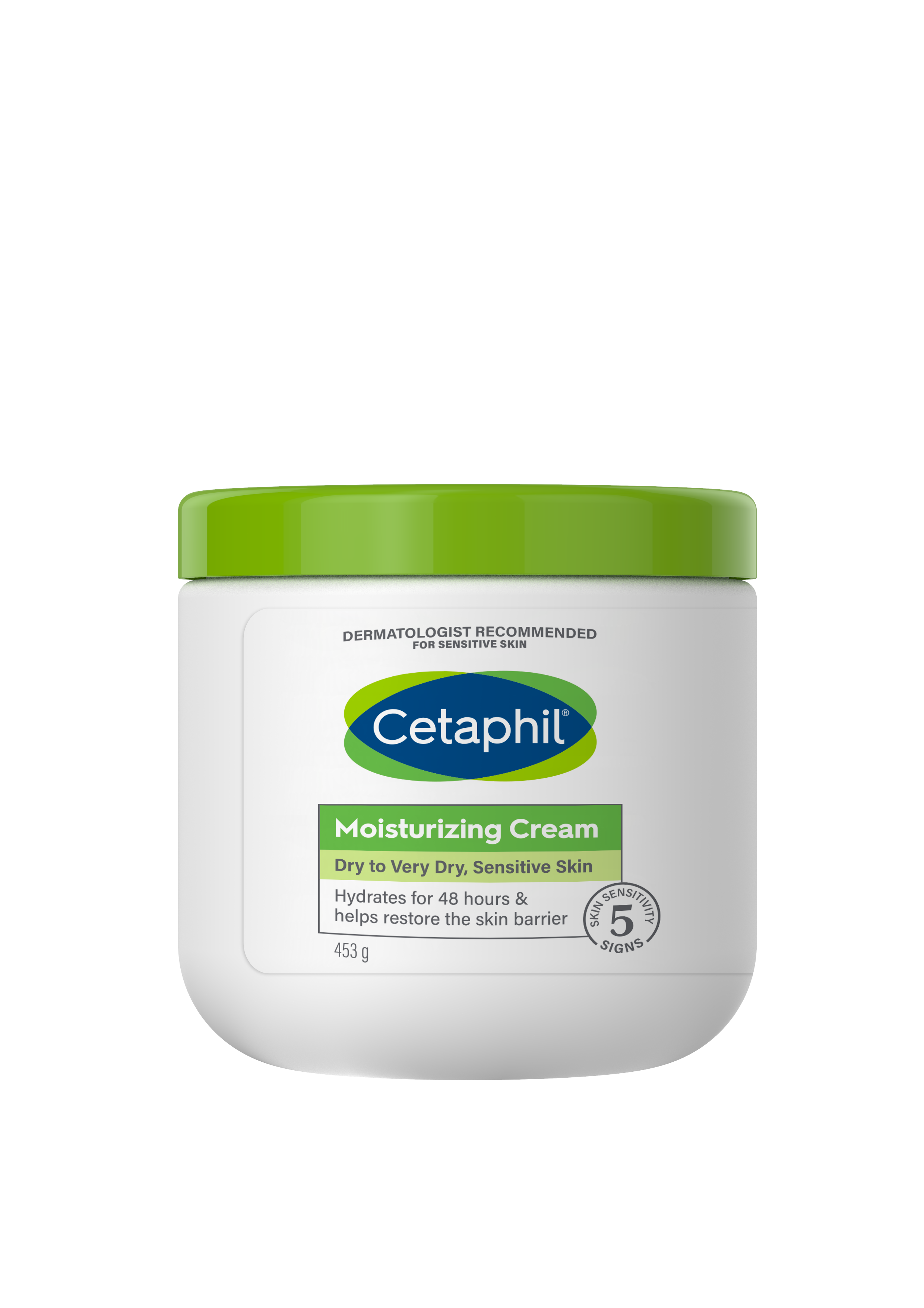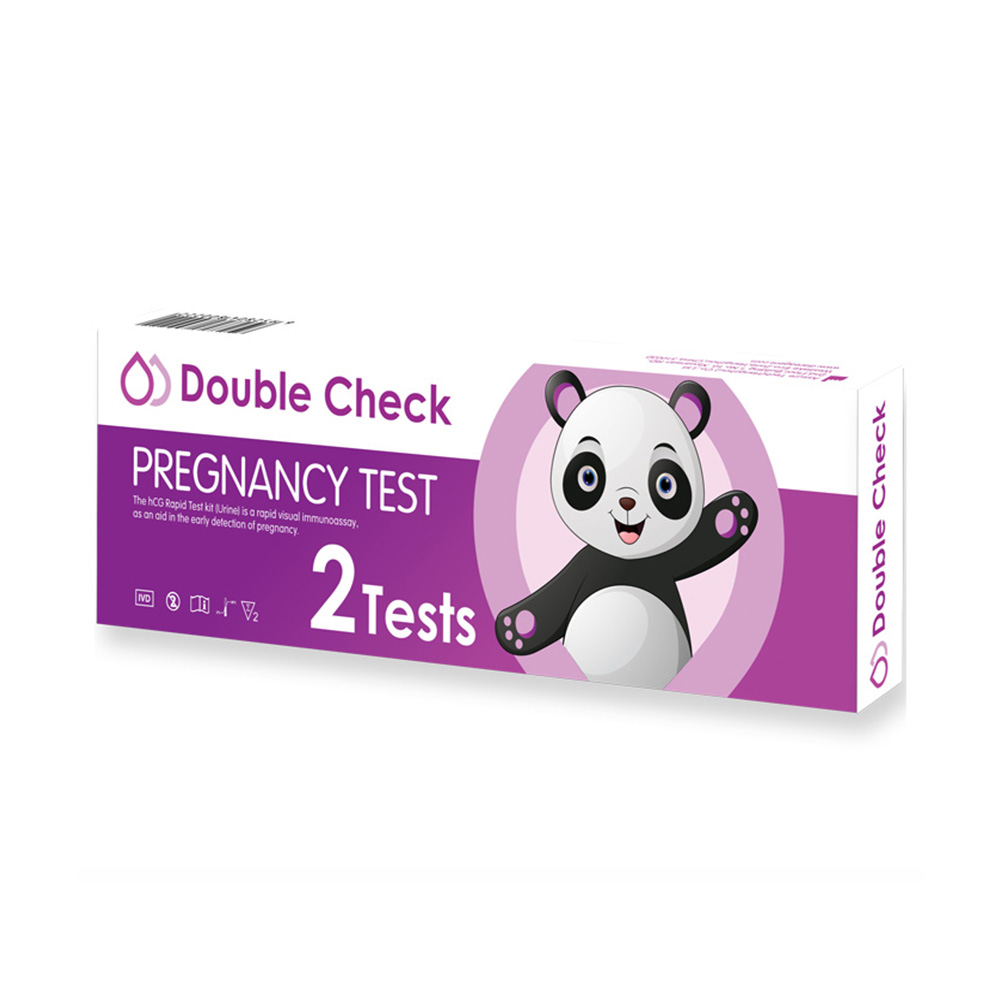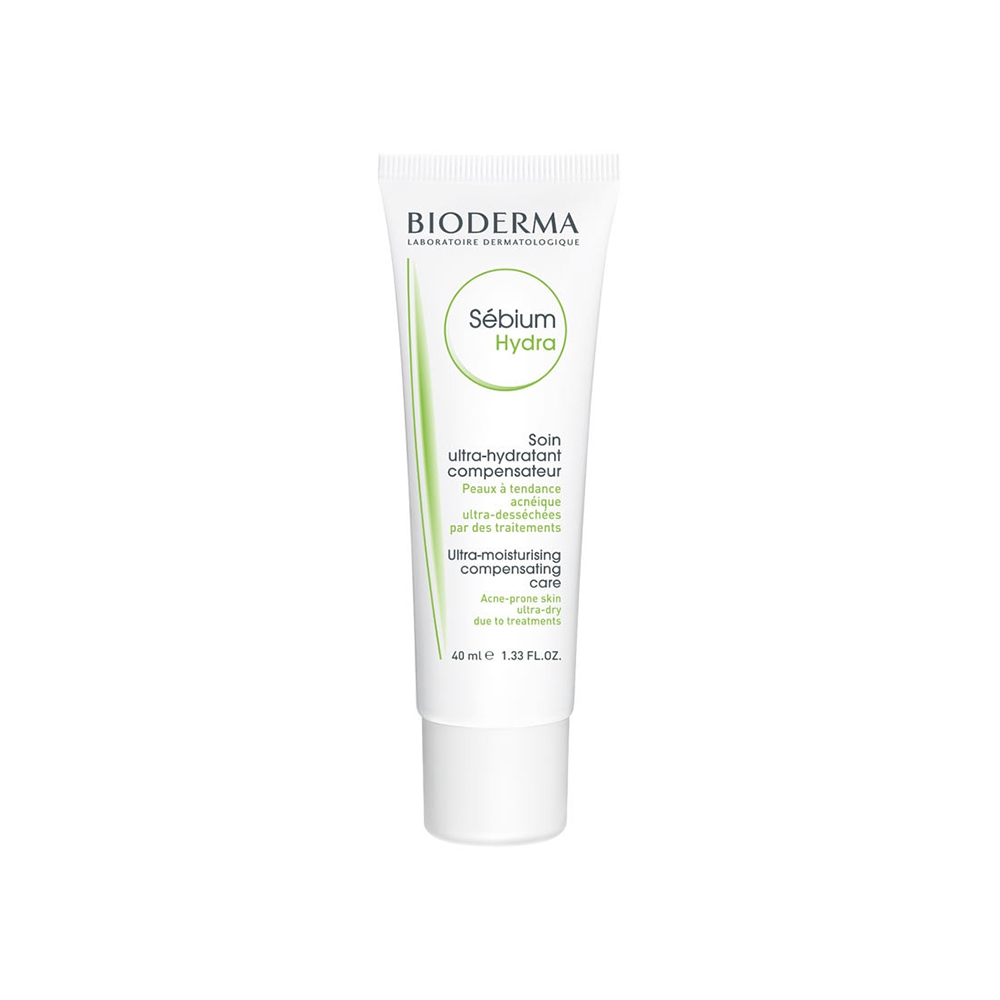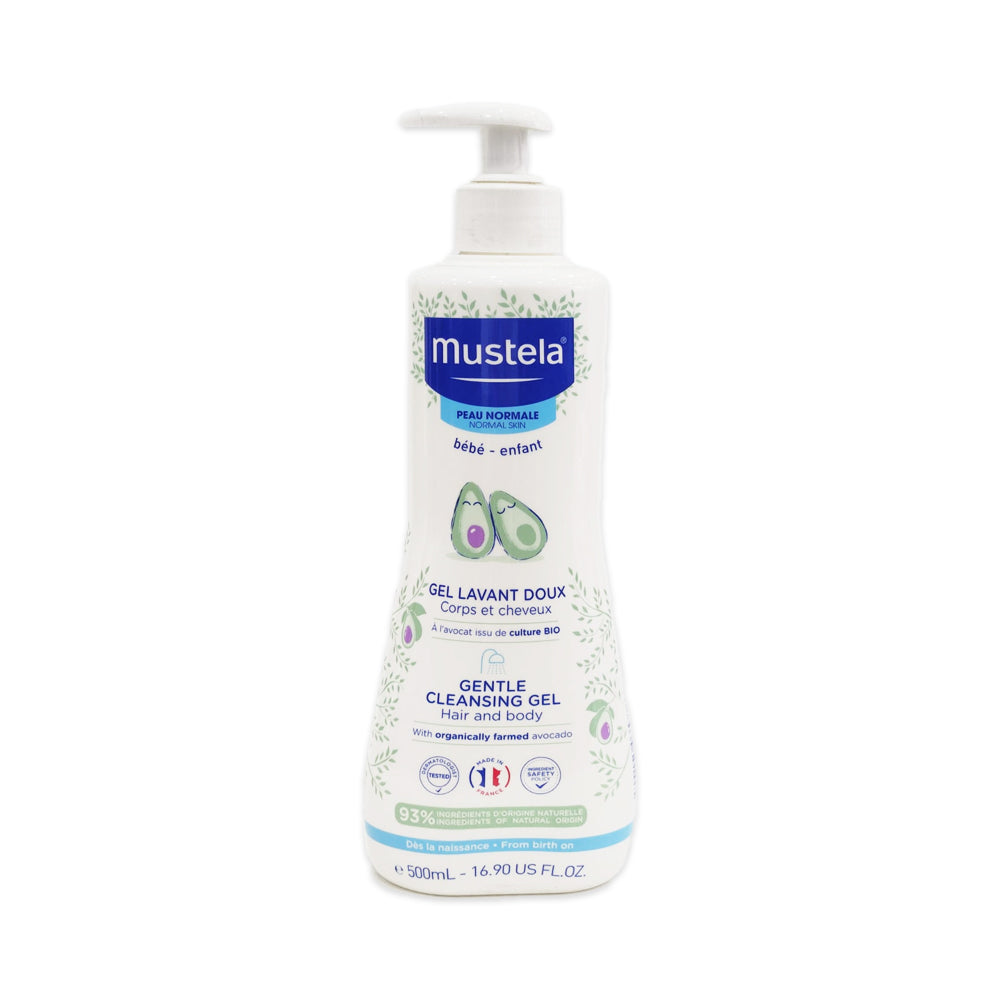-Benefits:
-Clomid is effective in inducing ovulation in women who have difficulty ovulating naturally. This can significantly increase the chances of conception.
- It is typically prescribed for women with conditions such as polycystic ovary syndrome (PCOS) or other medical issues that prevent normal ovulation.
-As an oral medication, Clomid offers a less invasive option compared to other fertility treatments such as injections or surgical procedures.
-Clomid is generally more affordable than many other fertility treatments, making it accessible for many couples seeking to conceive.
-It can be used for several treatment cycles (up to six), allowing women multiple opportunities to achieve pregnancy.
-Main Ingredients & Their Benefits:
-Clomifene citrate, an ovulation stimulant that promotes the release of eggs from the ovaries. It is used to treat certain types of infertility in women who do not ovulate regularly.
-Precautions:
- Avoid this product if you're allergic to it, have liver disease, unexplained menstrual bleeding, hormone-related cancer, ovarian cysts, or if you're pregnant. A pregnancy test is recommended before taking clomiphene.
-Inform your doctor if you're taking any other medications, including herbal remedies, as clomiphene may interact with them.
-Store clomiphene below 25°C, out of the reach of children, in its original container. Do not use it past the expiration date and dispose of it properly.
-Keep out of reach of children.
-For oral use only.
-Side Effects:
-Common Side Effects:
-Hot flushes.
-Stomach discomfort or bloating.
-Nausea and vomiting.
-Breast tenderness.
-Headaches.
-Abnormal vaginal bleeding.
-Serious Side Effects:
-Ovarian Hyperstimulation Syndrome (OHSS): Symptoms include stomach pain or swelling, trouble breathing, rapid weight gain, and decreased urine output.
-Vision Problems: Blurred vision or seeing spots may occur and could potentially be permanent with prolonged use.
-Severe Allergic Reactions: Symptoms may include difficulty breathing, swelling of the face or throat, and hives.
-Increased Risk of Ovarian Cancer: Long-term use beyond six cycles may elevate this risk.
Featured Items
View all
Use this section to explain a set of product features, to link to a series of pages, or to answer common questions.
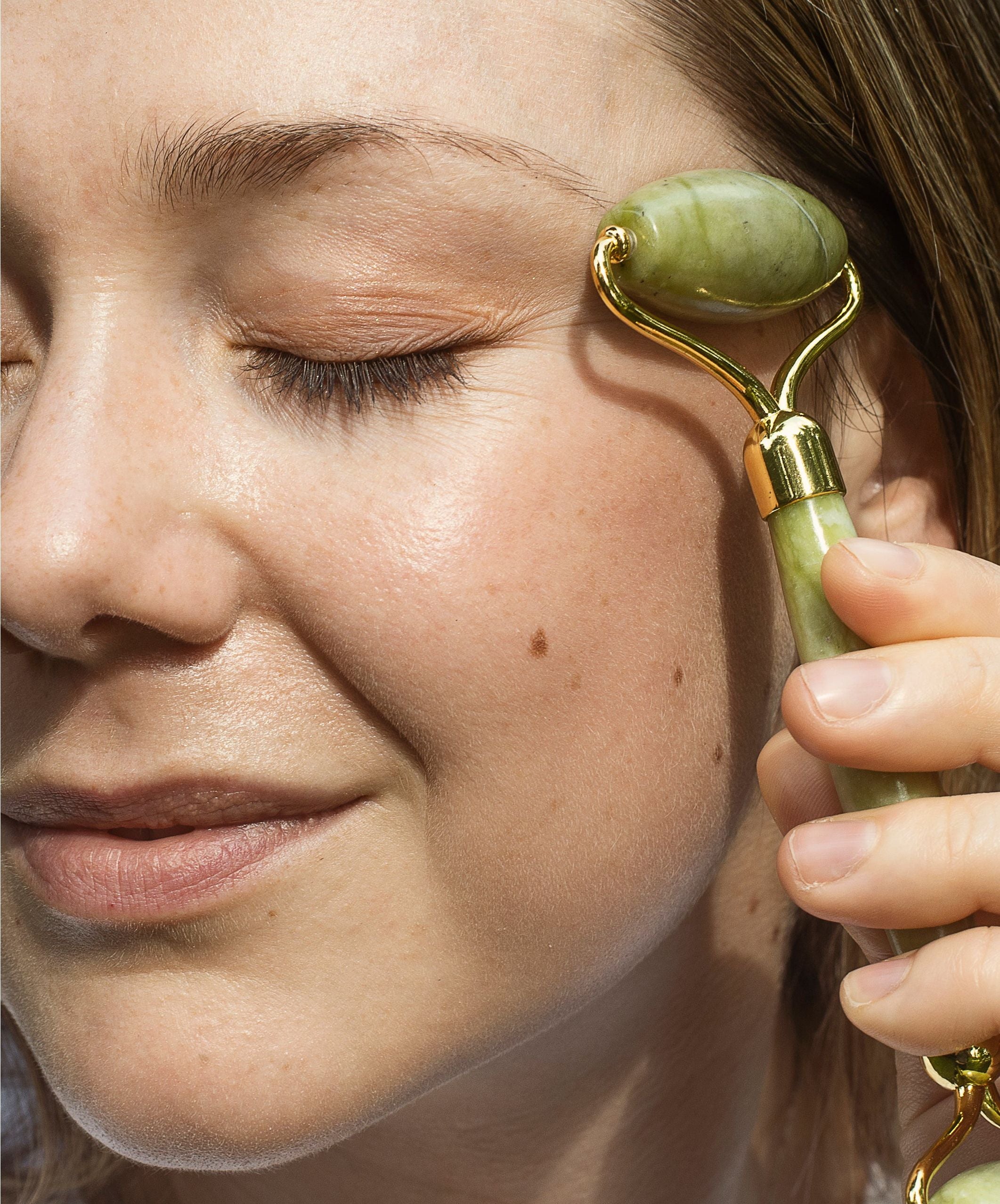
Use this section to explain a set of product features, to link to a series of pages, or to answer common questions.





